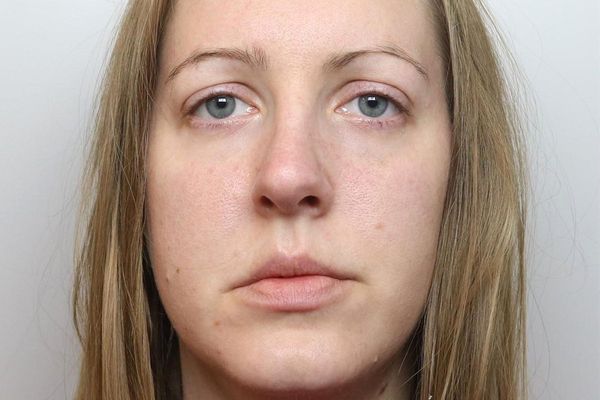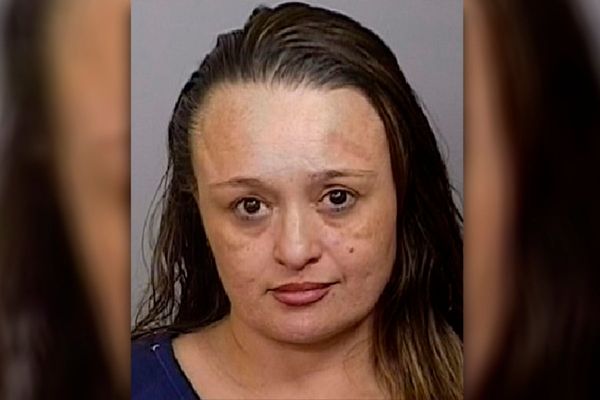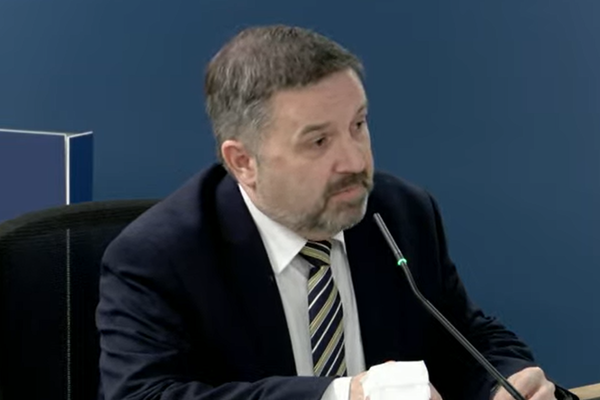The last two months have been a roller-coaster for investors.
The determination of the Federal Reserve (Fed) to raise rates to curb inflation has caused an unparalleled rout in the markets. This aggressive policy, from the same Fed, that flooded the markets with cheap money to support the economy under the threat of covid-19, has generated fears of recession.
The question investors are asking is no longer whether the next few months will be difficult but rather what the extent of the difficulties will be and how long they will last. These two questions, to which they still have no answer, push them to liquidate many of their positions. But that leaves another problem. Many investors are wondering what asset class to invest in with everything from cryptocurrencies to stocks, to non-fungible tokens (NFTs) and commodities down sharply. Put another way, should they buy the dip?
This is where Bill Gross, the legendary financier and co-founder of bond behemoth Pacific Investment Management Co.(PIMCO), comes in.
"Be patient," Gross, 78, writes in his investment outlook published this week on his website. He added that "12-month Treasuries at 2.7% are better than your money market fund and almost all other alternatives."
'Don't Buy' Bonds Gross Says
The now retired asset manager says he can predict the Fed's next moves. He explains that Fed Chairman Jerome Powell and his colleagues could increase the benchmark borrowing costs from the current 1.75% to 3.5% "ASAP."
"This is not a time for Volcker-like policies," Gross says, referring to former Fed's Chair Paul Volcker. "Raising rates too high, too soon, would not only threaten the long-term U.S. economic outlook but that of the rest of the world via a too-strong dollar. So how high should rates go?"
"To answer this, I have analyzed prior tightening cycles via what is known as Bollinger Bands, a model which uses standard deviations from historical levels of Fed fund (rate) to determine how much and how fast the Fed can go to safely create a mild recession that in turn will gradually lower inflation."
As a result: "The brief answer in today’s economy? Stop at 3.5% but get there ASAP."
He therefore draws the following conclusions for investments: "Bonds are at levels which represent diminished risk but little reward," because the 10-year yields is at about 3%, compared to 1.5% at the end of 2021.
"Don’t buy them," the financier urged investors.
"Stocks must contend with future earnings disappointments and are not as cheap as they appear. Don’t buy them just yet. Commodities are out of gas."







